Exploring Architectural Metal Panels
Architectural metal panels serve as a multifaceted solution in modern construction, offering both aesthetic appeal and functional benefits. These panels are integral in safeguarding a building's structural integrity against various elements. The versatility of metal panels extends to their use in curtain walls, which are effective in preventing water ingress, thereby optimizing moisture drainage from precipitation.
Types and Applications
Diverse in application, architectural metal panels can be utilized in mirrored or glass curtain walls to create an illusion of space, contributing to a modern and sophisticated look for offices and public buildings. For those seeking a more traditional or specific thematic alignment, options such as brick, wood, or aluminum curtain walls are available. These materials can be tailored to complement the surrounding environment or to resonate with a company's branding.
Features and Adaptability
The adaptability of architectural metal panels is evident in their capacity to accommodate unique architectural designs. Products like foldable, retractable, and curved curtain walls can be seamlessly integrated with existing structures. This adaptability ensures that the aesthetic value of a building is maintained while it benefits from the enhanced structural support and visual upgrade that these panels provide.
Material Advantages
Constructed from durable materials, architectural metal panels offer longevity and resistance to environmental stressors. Their robust nature makes them a practical choice for buildings in areas prone to inclement weather or where fire resistance is a significant concern. The inherent strength of these panels contributes to the overall safety and durability of the structures they are applied to.
Environmental Considerations
Architectural metal panels also align with environmental considerations, as many are made from recyclable materials, contributing to sustainable building practices. Their insulation properties can enhance energy efficiency, reducing the need for excessive heating or cooling within a building.
Design Flexibility
The design flexibility offered by architectural metal panels is unmatched. They can be crafted to fit the most challenging of exteriors, preserving the design intent of the architect while providing the practical benefits of modern construction materials. This flexibility makes architectural metal panels a preferred choice for both new constructions and renovations.
Architectural metal panels
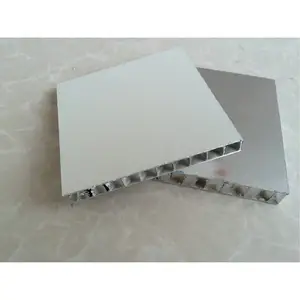



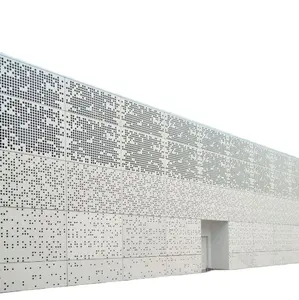


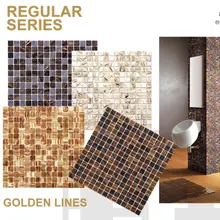

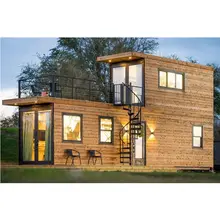

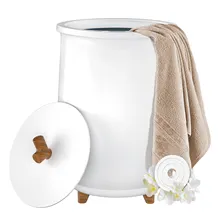





























 浙公网安备 33010002000092号
浙公网安备 33010002000092号 浙B2-20120091-4
浙B2-20120091-4